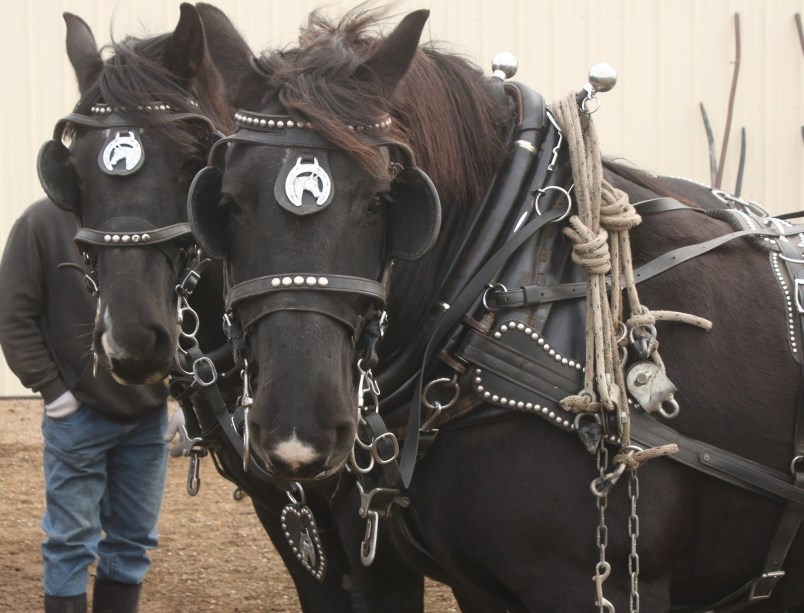A Saskatchewan veterinarian is advising horse owners to be aware of a deadly fever after a rash of cases in Alberta.
A facility north of Calgary is treating several reported cases of Potomac Horse Fever, which can be fatal for infected horses, leading to a mortality rate of up to 30 per cent among reported cases. Infections can appear as mild colic, fever and diarrhea, as well abortions in pregnant mares.
While the provinces aren’t the same, “if there’s (cases) … in Alberta, you definitely expect there will be a few cases in Saskatchewan as well. It should follow the same trend,” said Dr. Claudia Cruz, a veterinarian at the University of Saskatchewan.
The fever is named for the Potomac River in the United States, where the illness was first identified in 1979. It’s since spread to parts of Canada, including Alberta and Ontario. All horses are susceptible, and once infected they can lose up to 100 litres of fluid per day.
Cruz said there were fewer instances in Saskatchewan than its neighbours, but cases do happen. Infections tend to be seasonal and concentrated during this time of year as water accumulates and stagnates, she added.
“It’s been an issue but not as bad as Alberta and Manitoba,” Cruz said.
She said bacteria can infect snails and aquatic insects like dragon flies. When horses drink water or eat the bugs, they can contract the fever.
Cruz advised disposing of rubbish in covered bins, and potentially limiting the amount of time horses drink at a pond. Other steps could include bringing horses indoors at night and placing insect nets in their stalls. She also acknowledged some steps may not be practical for all owners.
Concerned horse owners should keep an eye on their animals’ behaviour, appetite and manure, she said. They should also take note of where horses graze and drink.
She advised seeing a veterinarian early if owners become concerned. An infected horse may eventually appear extremely depressed or sick, but it may be too late by the time it develops diarrhea. She also noted a vaccine is available.
Lisa Graham, president of Saskatchewan Horse Federation also recommended owners contact their local veterinarian if they’re concerned about the condition.
“People wait too long to phone a vet and when they bring it to us, it’s already too late,” Cruz said.



